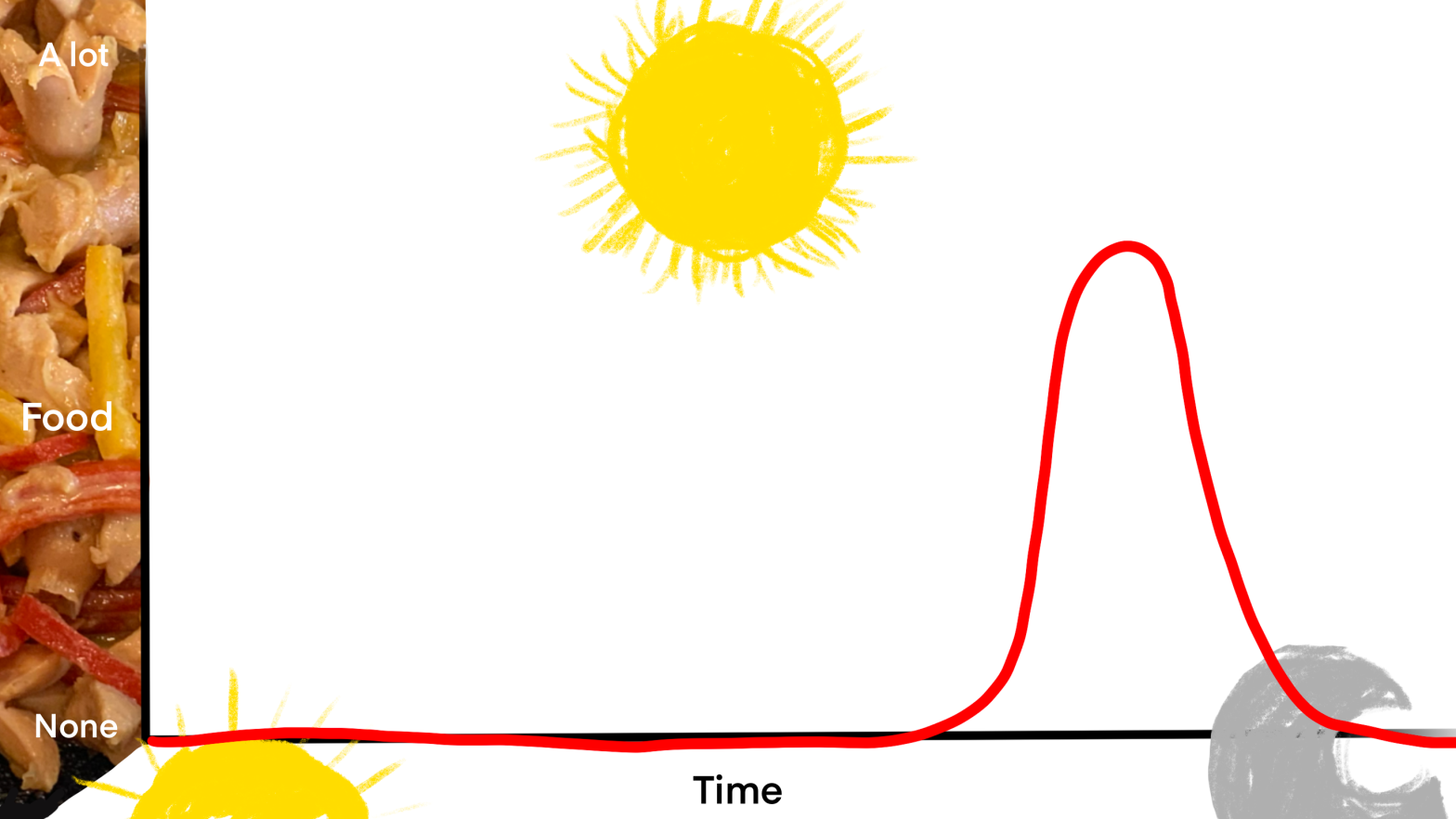Friday, June 19th was a usual day in the coronavirus pandemic. After 4 hours of morning lecture over zoom, I made some 잔치국수, a simple Korean noodle dish, and sat down at my desk where I would shuffle through a few YouTube videos for the next hour until my 1 o’clock. Then, out of seemingly nowhere, the algorithm gave me “Longevity & Why I now eat One Meal a Day” from the channel “What I’ve Learned.” Now I’m not a nutrition guy, I’m not a fitness guy. I’d say I’m a little bit of a health guy. I try to exercise regularly and be conscious about the health quality of the food I consume, but my health isn’t a topic that I critically engage with often. However, I do have a considerable background in biology and metabolism that got me into dental school. So, munching on my noodles, I watched this video and it portrayed a consistent and well-researched argument to eat “One Meal a Day.” And that was that. I decided it was worth a try and dropped my inevitable plans to eat dinner that night. Now it’s 6 weeks later with this new default and it has had a number of benefits on my life.
I have always been open to the idea of dietary change. When my parents became vegetarians (technically pescatarian) to protect my father’s heart from high cholesterol and blood pressure, I was old enough as a child to remember what life was like before. But it didn’t particularly bother me, the food was good and plentiful before and it was good and plentiful after. I wasn’t a vegetarian and would enjoy a Chick-fil-A sandwich every now and then when we were out. So as a kid, it was scary to consider that I would need to give up meat to protect my health as I got older, like my father before me. But even more so than the lack of meat, I was scared of the hunger that he wrestled with. It seemed as though, no matter the meal of the day, he would not allow himself to be satiated for fear of consuming too many calories. Herein lied the appeal of OMAD.
Eat whatever you want! Control your cravings! Have your fill! (as long as it’s once a day)
So 6 weeks later, I am happy to report that I continue to reap these benefits and more. I certainly don’t eat junk food, but I have maintained my healthy weight with considerably less effort in controlling my dietary intake. I no longer feel hunger pangs on cue instructing my scheduled feeding every morning and afternoon. Whether this change in hunger patterns is the result of metabolic changeups, psychological conditioning, or both, it does not matter to me. However it is certain that on a normal day, it is incredibly freeing to not be a slave to periodic meals that control my time, behavior, and mood. The time benefit is also impossible to overlook. Not preparing, eating, and cleaning up after my home-cooked meals has gifted hours of productivity to my busy days. Not to mention saving me the mental lull and tiredness that often comes after eating. There is also something to be said of the simplicity in decision-making. No longer do I feel challenged to decide on the content of 2-3 meals per day. That means less instant ramen meals, and more willingness to prepare complex, healthy dishes to treat my single meal as an experience as opposed to how I treated my 2-3 meals, as a biological necessity.
Admittedly, OMAD is not a panacea that works for everyone and there are several facets about my own life that allow it to fit especially well. Most importantly, I live alone. So this isn’t a dietary decision I had to convince other people to respect, let alone adhere to. I don’t have traditional snack food at home. I have added friction to eating that requires myself to expend effort to actually prepare food. Psychological friction is the greatest ally/enemy to willpower and habit-forming. I have the schedule and the willingness to keep myself busy working and learning. If I was consuming TV many hours a day, it would be more difficult to stave off the need to eat during that time. And finally, since we are in the middle of a pandemic, I see friends and the public considerably less often and do not have the pressures and stimuli of others eating lunch at school outside of my normal feeding window.
It is also important to note that when I form habits in my life, I form baselines, not stringent rules. In the last 44 days, there has been 2 days where I did not follow my OMAD habit, by that I mean I consumed calories outside of my evening window. Both those days I did so for social reasons, to enjoy an earlier brunch with my friends and not bring everyone down by an insistence to follow my dietary restrictions.
I form baselines, not stringent rules.
I think many people could benefit from a more open approach to healthy eating. For example, as a culture we should reframe the “diet.” If our natural vernacular and expectations changed from “I am… vegetarian, vegan, etc” to “Tonight I’m eating vegetarian, vegan, etc” then we could see more openness to meat substitutes and healthier eating. All too often does the sense of identity of not being on a “diet” prevent us from critically engaging with our nutritional intake and opening our palates to more options. But that conversation could fill a whole other blog post on its own.

